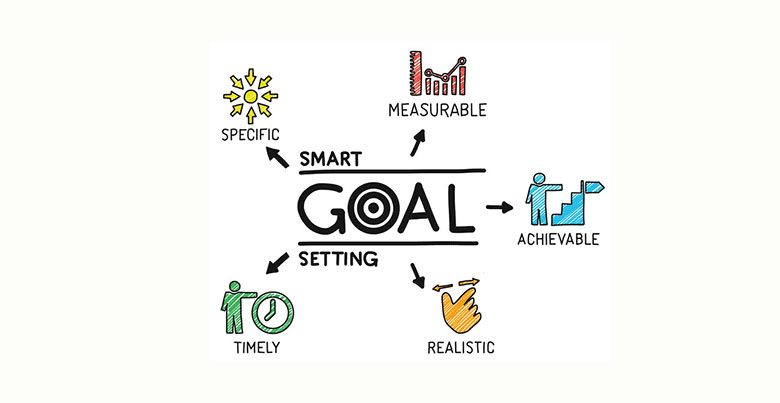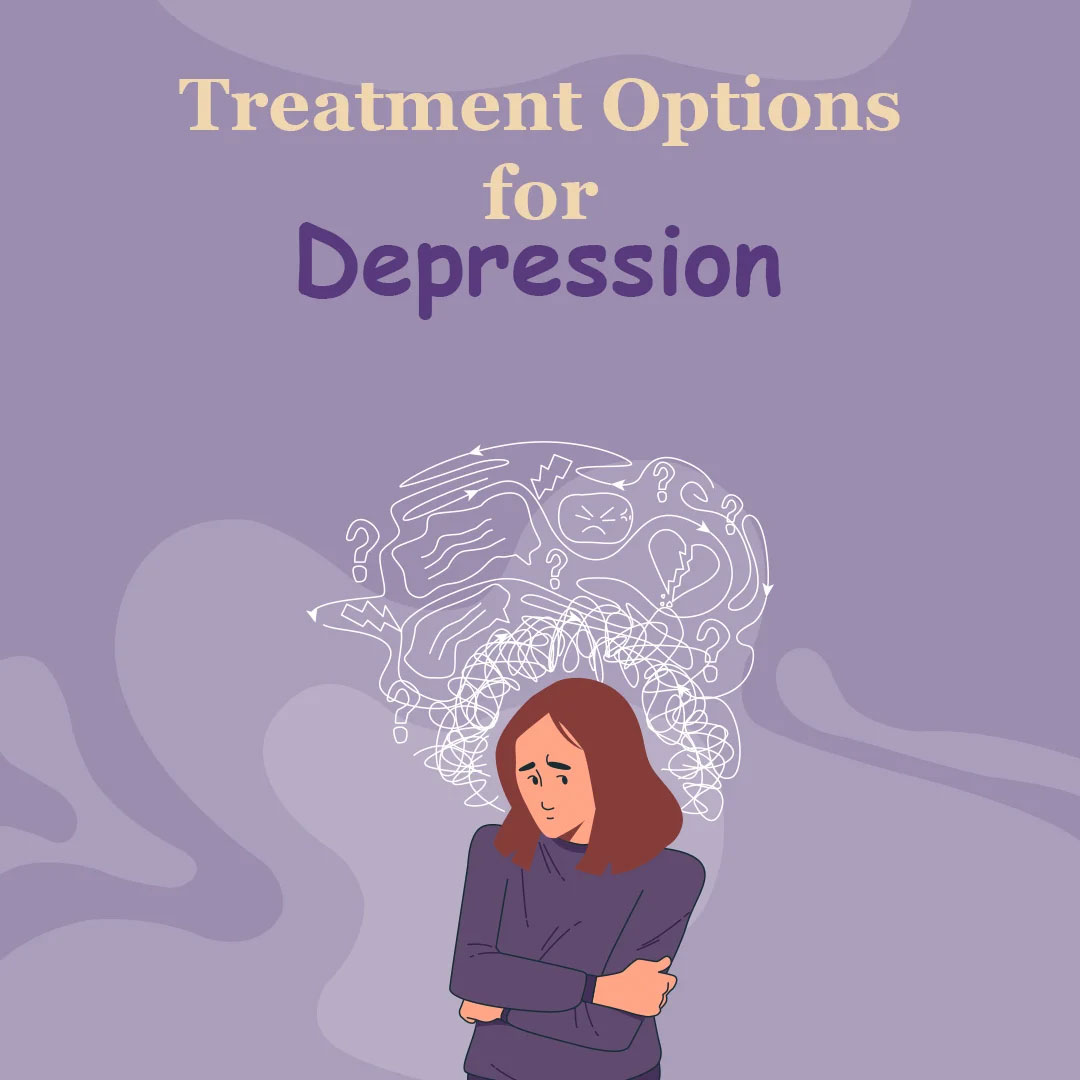Depression is a pervasive mental health condition that impacts the lives of millions globally, often casting a shadow over one's emotional and physical well-being. It is essential to recognize the diverse array of treatment approaches available in order to offer hope and a pathway to healing for those affected. This comprehensive guide delves into a variety of treatment modalities, encompassing both conventional methods such as inpatient and outpatient care, as well as alternative practices including traditional Chinese medicine. By examining these options, we aim to empower you or your loved ones to embark on a personalized journey toward recovery and renewed mental health.
Understanding Inpatient Depression Treatment

Inpatient depression treatment centers create a safe and nurturing environment where patients can focus entirely on their healing journey, free from the stressors of everyday life. The immersive nature of this care ensures that individuals have immediate access to mental health professionals and peer support throughout their stay. Residents benefit from a holistic approach that often incorporates creative therapies like art and music, recreational activities to boost mood, and mindfulness practices to enhance emotional awareness and resilience. The highly personalized and robust nature of inpatient treatment not only aims to alleviate acute symptoms but also equips patients with coping strategies and life skills to sustain their mental health long-term. As patients progress, the interdisciplinary team collaborates to develop a comprehensive discharge plan, ensuring continuity of care and support as they transition back to daily life..
The Role Of Outpatient Depression Treatment

Outpatient depression treatment empowers individuals to take charge of their mental health while continuing to engage in their everyday lives. By offering a blend of therapeutic approaches and medication management, these programs cater to the nuanced needs of each patient. With the flexibility to attend sessions around their personal schedules, patients can seamlessly integrate these treatments into their routines, fostering a balance between their mental health journey and daily responsibilities. This approach is particularly advantageous for individuals experiencing moderate depression or those stepping down from the more structured environment of inpatient care. Outpatient programs often feature a mix of cognitive-behavioral therapy to restructure negative thought patterns, family therapy to improve communication and support dynamics, and support groups that provide a sense of community and shared experience. As a result, patients are equipped with tools and support systems that enhance their resilience and aid in their recovery process..
Setting Treatment Goals For Depression

Setting specific treatment goals for depression plays a pivotal role in the journey toward recovery, as they provide a clear roadmap for both the patient and the healthcare provider. By focusing on reducing depressive symptoms, patients can begin to experience more moments of emotional relief, leading to an increased ability to engage in daily activities that were once overwhelming. Improving these functions often translates into a ripple effect, enhancing the overall quality of life and fostering a renewed sense of hope and purpose. It's important to engage in open dialogue with healthcare providers, as their expertise can guide patients in establishing goals that are not only realistic and achievable but also tailored to individual needs. As treatment progresses, these goals may evolve, reflecting the dynamic nature of personal growth and change, ensuring that care remains both personalized and effective. Consistent evaluation and adjustment of goals empower patients, sustaining their motivation and commitment throughout their treatment journey..
Creating A Sample Treatment Plan For Depression

A comprehensive treatment plan for depression often begins with a detailed assessment conducted by mental health professionals to understand the unique challenges faced by the individual. This assessment guides the creation of a personalized strategy that incorporates therapy sessions, which can range from cognitive-behavioral therapy to interpersonal therapy, aimed at improving emotional regulation and coping mechanisms. Medication, such as antidepressants, may be prescribed to help balance brain chemistry and reduce symptoms. Additionally, lifestyle modifications play a crucial role, encouraging exercise, proper nutrition, and the development of healthy sleep patterns to support mental wellness. This holistic approach is continually reviewed through regular evaluations, allowing for dynamic adjustments to the plan in response to the patient’s progress and any new insights gleaned, ensuring the most effective path to recovery and long-term mental health stability..
Exploring Chinese Treatment For Depression

Chinese treatment for depression combines age-old wisdom with contemporary insights to provide a holistic approach to mental health. Acupuncture, for instance, is believed to harmonize the flow of Qi, or life energy, by targeting specific points in the body, potentially alleviating symptoms of anxiety and depression. Herbal medicine, utilizing a diverse array of natural ingredients such as ginseng and St. John's Wort, offers personalized remedies that aim to address the root causes of emotional imbalance. Meanwhile, Tai Chi promotes a gentle physical regimen that enhances mindfulness and stress relief through its meditative movements and controlled breathing. Integrating these traditional practices with modern therapeutic strategies, such as cognitive-behavioral therapy or medication, can cultivate a comprehensive treatment plan that respects cultural values and personal preferences. Nonetheless, it is crucial for individuals to collaborate with healthcare professionals to tailor a safe and effective treatment approach, weighing the benefits of both Eastern and Western methodologies..
The Importance Of Therapy In Treating Depression

Therapy serves as a vital component in managing depression, creating a structured environment where individuals can delve into their emotions and cultivate effective coping mechanisms. With various forms, including cognitive-behavioral therapy (CBT) and interpersonal therapy (IPT), therapy has demonstrated significant efficacy. These approaches aid individuals in deciphering their thought processes, enhancing interpersonal connections, and navigating stress, all of which play a crucial role in sustaining long-term recovery. Additionally, therapy fosters a deeper sense of self-awareness and personal growth, empowering individuals to recognize and alter negative patterns. This holistic approach not only aids in alleviating symptoms but also instills resilience and adaptability, essential tools in the journey towards mental well-being..
The Role Of Medication In Managing Depression

Medications such as antidepressants are integral in the comprehensive treatment of depression, acting to rectify the chemical imbalances in the brain that often underlie this condition. Their efficacy is frequently enhanced when combined with therapeutic interventions, offering a holistic approach to mental health care. Close collaboration with a healthcare provider is essential, not only to tailor the medication and dosage to the individual's unique needs and biological responses but also to monitor progress and adjust treatment plans as necessary. This personalized approach helps mitigate potential side effects and maximizes the overall benefits, paving the way toward improved mental well-being and quality of life for those affected by depression..
Incorporating Lifestyle Changes For Better Outcomes

Incorporating lifestyle changes is an integral part of treating depression. Regular exercise, a balanced diet, and sufficient sleep can greatly affect mood and energy levels. Mindfulness practices such as meditation and yoga can also help reduce stress and promote emotional stability. These changes are supportive measures that complement other forms of treatment. Engaging in regular physical activity, for instance, releases endorphins, which are natural mood lifters that can diminish symptoms of depression. A nutritious diet fuels the body and brain, providing the essential nutrients needed to maintain mental health balance. Consistent, quality sleep restores cognitive functions and emotional regulation, which can be disrupted by depressive episodes. Moreover, mindfulness practices like meditation encourage individuals to remain present, fostering a sense of peace and acceptance while reducing anxious or negative thought patterns. By integrating these lifestyle adjustments with therapy or medication, individuals are more likely to experience improved mental health outcomes and regain a sense of control over their lives..
Support Systems: Building A Network For Recovery

Building a robust support system is vital for individuals navigating the challenges of depression. Family and friends form the cornerstone of this network, offering a foundation of compassion and empathy that encourages healing. Their involvement can be instrumental in spotting changes, providing reassurance, and reminding loved ones they are not alone. Support groups, too, play a crucial role by connecting individuals with others who share similar experiences, creating a safe space for sharing insights and mutual encouragement. These groups can alleviate feelings of isolation, promoting a sense of community and belonging that is often missing in the solitude of depression. Furthermore, open communication with these networks serves to strengthen trust and understanding, allowing loved ones to become actively engaged in the treatment journey. By fostering a dialogue that supports vulnerability and honesty, a more supportive environment is cultivated, which can significantly enhance the recovery process and promote long-term well-being..
In conclusion, effectively addressing depression hinges on a comprehensive strategy that integrates diverse treatment modalities, recognizing the unique needs of each individual. By balancing the strengths of both inpatient and outpatient programs, alongside a blend of Western and Chinese medical practices, individuals can create a personalized recovery journey that offers renewed hope and resilience. The commitment to this journey underscores the strength and courage required to seek help, reinforcing that recovery is not only possible but attainable. With the proper support and a well-rounded approach, individuals facing depression can look forward to a brighter, healthier future.


